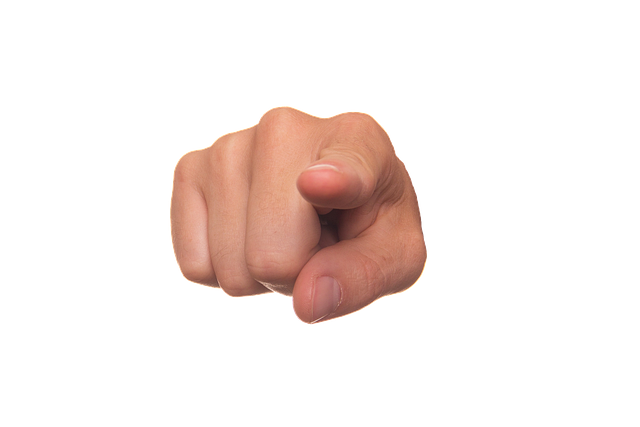
Image by Tumisu from Pixabay
In our last blog we talked about how what we put into our minds has a huge effect on our health. {Good News or Bad News?} The thoughts we choose to entertain can make us healthier or sicker. This post is going to dovetail nicely with that idea.
How we think about our health, our biases, our beliefs, has a gigantic impact on how well we live.
Last week I read an interesting article about cryotherapy. {Why Icing a Sprain Doesn’t Help and Could Slow Recovery} Cryotherapy (icing) has been the go-to therapy for acute injuries for the last 50 years. And now we are questioning the efficacy of ice. Does it do what we thought or hoped? I will report on that some other time!
Somewhere in the article, down towards the bottom, I read the following paragraph and found it more fascinating than ice and decided to tackle it.
Though she’s in favor of evidence-based practices, Aschwanden won’t be stealing people’s ice packs or dragging them out of ice baths. And though a particular recovery method might not be clinically proven (in this case ice and icing), a person’s strongly held belief in it can enhance the placebo effect, she said, which actually does help in recovery.
Whether or not a therapy has been clinically proven, it still may produce the desired effect! Incredible. Hooray for the placebo effect!
I love it when the placebo effect gets a legitimate shout out. The use of placebo, and the resulting placebo effect, is an underused and underappreciated phenomenon in much of mainstream health care. We think we are too smart to be tricked. If that is your bias, I think you may be missing something crucial for better health and well-being.
Let’s have a closer look.
In laboratory science, where experiments are conducted and research is accomplished and conclusions are reached, the gold standard for this process is known as the double blind randomized controlled study. What a mouthful! These studies are great because they attempt to control as many variables as possible. In these types of studies, we really want to compare apples to apples.
One of the variables that needs to be controlled is the placebo effect. The placebo effect is so powerful that any study not controlling for it is considered inferior. The bias of the examiner and the participants must be minimized at least, and absent at best.
Here is an example.
Let’s say we are testing a new drug. We divide the participants into two groups, randomly. Hopefully other variables, like age and weight and gender are also evenly matched. Remember we want two groups that are as similar as possible. Each group is assigned either a drug or a sugar pill (placebo) and neither group knows which one they have. They are “blind” to what they have received. So what is double blind? Double blind refers to the fact that the people dispensing the drug or sugar pills don’t know who had what either. Both groups are “blind”. Obviously someone not directly involved in the study keeps track of who got what but this person has no encounters with the participants or examiners. This removes the possibility of the placebo effect. This removes biases and beliefs, and minimizes expectations of both examiners and participants.
Do you see where this is going?
The human mind is powerful. So powerful we want to minimize its impact on research. This type of study reveals just how powerful our minds are in the health of our bodies.
Let’s go back to our original paragraph:
And though a particular recovery method might not be clinically proven, a person’s strongly held belief in it can enhance the placebo effect, she said, which actually does help in recovery.
The placebo effect, the person’s biases, or how they think about what is going on, even if incorrect as in the case of ice, may still produce the desired effect.
How we think about our recovery from illness and injury matters as much or more than the solution given by the authorities.
Let that sink in. How we think about our recovery is so important that healing is enhanced, magnified, with strongly held beliefs about the type of therapy.
I’m not saying that it is the only factor in healing.nTo get the best bang for the buck, however, your attitudes and biases can help immensely.
Why not give yourself every advantage in healing?
People ask me everyday, “is there anything I can be doing to speed my recovery?” I think they are hoping there is a muscle stretch or an exercise or anything tangible they can “do”. What needs to be said, but I am too chicken to say, is “Stop putting so much crap into your head!!!” I would most like to tell them to “blow up your TV, throw away your paper…” (John Prine, Spanish Pipe Dream) Don’t ignore the mental and emotional side of healing.
Give yourself the healing advantage and get behind the therapy of your choice. And watch what you think about.
Cheers,
ks
